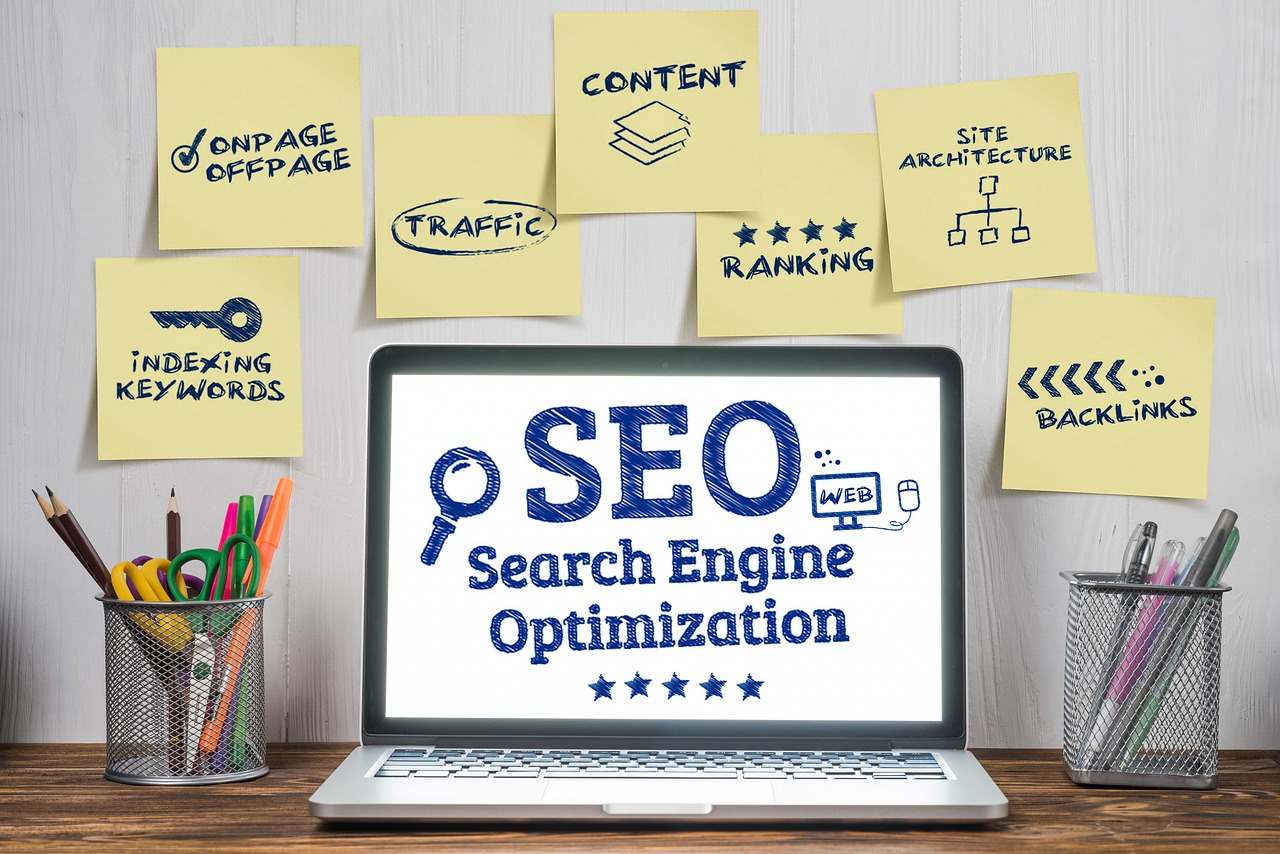Will Ad Blockers Help the SEO World?

Will ad blockers help or hinder the SEO world? Interestingly enough, ad blocks, had 615 installs on devices by the end of 2016, according to PageFair intel. And that number is expected to rise substantially over time. Will this help SEO or Damage it? Let’s dig deeper and find out.
What Does an Ad Blocker Do?
The short answer is that it blocks ads. These are applications or browser extensions that work as an antivirus app. The app compares the page’s script while it loads and prevents any script from websites that are on its blocked list. Why such a fuss over losing ads? For the longest while ad blockers were mainly on desktop computers. However, in 2019, Apple paved the way for ad blockers on iPhones, and that has shaken up the industry.
Many websites exist because of ad revenue. What do you find when you pick up a copy of Vogue? Ad after ad, while high-profile websites, newspapers, magazines, and other types of sites, rely on advertisements. If you talk to someone who appraises websites, they will tell you that you need an excellent mix of traffic-types to hold a higher value for your site. That appraisal means that PPC and SEO are in it for the long haul, or at least they were.
The Role of PPC Moving Forward
Who stands to lose the most from the loss of paid ads? It is the search engines, and they all have allowed various types of ad blockers as extensions of their platforms. Google has an ad blocker for Chrome as does Explorer, Safari, Firefox, and others. That little factoid tells us that ads are not dead.
If you look at how Google operates, they launch new tools that help to redesign the existing playing field that we call Search Marketing. You might remember some of them – Penguin, Panda, etc. These algorithms reset the playing field by ranking webpages and content differently. What disappeared were the sites that were gaming the system. In their place rose sites that focused on credible information, user experience, white hat SEO, etc.
If you look at Apple’s recent entry into the ad blocker club, and you compare it with Google, then user experience comes to mine. Ad blockers work, and each address different pain points of internet users. Some users are very opposed to ads, and there is an ad blocker that removes them all. Some are concerned about third-party software and how it reviews and uses personal data. There is an ad blocker that kills third-party cookies and trackers. We are also talking about a span between mobile and desktop users. The mobile search market is so large now that everyone is concerned. Keep in mind that Desktop users have had access to ad blockers since before 2012.

How do Ads Impact User Experience
Back around 2015, mobile search outpaced search from desktops and that too changed much of what we experience today. Websites needed to become mobile-optimized so that those not-so-tiny screens could handle graphics and text, and so many other details the makeup “web experience.
Well, guess what. Ads cost mobile users time, and they use more data. Those are both negative pain points for mobile users. “I am not just watching your ad, but I am paying to watch it.” Sure, there is no cash exchanging hands, but ads eat up mobile data, and there is a real cost associated with that.
Ads also cause webpages to load more slowly because they are data. How much data is a photo versus a video ad? The result can be staggering for someone who uses the internet to conduct business.
One of the elements that Google uses to rank websites is user experience. If you click on a link and ads dominate your experience, you will likely bounce. So, it makes a lot of sense that there is a place for ad blockers. As we mentioned, Google and other search engines make a lot of money by selling ads. That trend is not going anywhere anytime soon. IMO ad blockers are just another way in which search engines are “resetting” the system.
What About SEO?
Content remains king. A website that has good SEO is a start. Delete unobtrusive ads (PPC,) and your getting hotter. If you build your site correctly utilizing on-page SEO, and off-page SEO, you are golden. This level of a website usually is not impacted by an ad blocker.
Not all ad blockers work the same. As Lindsay Kolowich points out in her HubSpot blog, “How Ad Blocking Works: Everything You Need to Know,” some adblockers remove the bits tracking code. That is enough to protect user data. Well, that mirrors itself pretty closely with Google’s caring about user experience. On the other hand, as, Kolowich points out, some ad blocks remove all ads.

Those differences make it very difficult to pinpoint precisely how ad blockers impact traffic. We know that there is an impact via lost ads, but those impacts are not specifically about SEO. In the case of ads that have tracking cookies, the ad blocker is just saying “no thank you.” In many cases, the ad is still there, but the site is no longer able to collect marketing data on the user. That loss of data impacts other forms of marketing like geo-location marketing. The blocker may help protect the user by stopping the collection of additional data – age, sex, online interests, etc.
Cookies help companies understand their buyer persona. But, there has always been a debate over the ethical collection of data and tracking cookies. That is because not all sites spell out what they are monitoring. Nor do they always tell you what data they are collecting or even how they use that data.
Perhaps when Google allowed ad blockers, it was to disrupt the collection of data. Data collection gives some websites the ability to target specific audiences or sell that data to companies. Those companies can then use that data to target ads to people who match their customer profile persona. It could be that Google and other search engines think that might be “gaming the system.” After all, not every site owner can afford the tech to build, launch, manage, and utilize tracking cookies.
How is SEO Different?
Organic SEO does not rely on ads to find customers, so at the very worst, there should be little to worry about with ad blockers and SEO. What may impact SEO via an ad blocker is if the site is linked somehow to “spammy” ads. One thing that most ad blockers do is they compare the data of an incoming page. That comparison includes cookies and ads. They then analyze that data to their registry list of blocked sites. If your site is on that list, then your content will likely show up on the SERPs’ with an inactive link or as a hole in the SERP listing. Oops! The organic search consists of both on-page and off-page SEO. While the process is slower, it can have lasting results. Ads are a much quicker way to find your audience, but organic SEO is a long-distance sprinter.
Where will Ad Blockers Take Search Engine Marketing?
Nobody can say precisely as the “real” presence of ad blockers is relatively new. We can speculate that the increase in their use is a direct result of user experience, which is something with which all online marketers should be concerned. At the heart of good web design and SEO is user experience. In short, the uptick in ad-block usage will take us back to good Calgary SEO practices. Those that enhance user experience and away from harmful tools such as third party cookies.
Learn more about what ad blockers mean to Search Marketing as more mobile and desktop users opt to use ad blockers to enhance their experience. Keep reading to discover how ad blockers affect on-page SEO and off-page SEO and how you can set up your webpage to thrive in a world where search engines welcome ad blockers. Inside we look at the reasons why search engines my allow ad blockers even though ads are how search engines make money, gain market share, and direct user experience for both mobile and desktop searchers. We also give you our predictions about where this is all going. Just keep reading.
